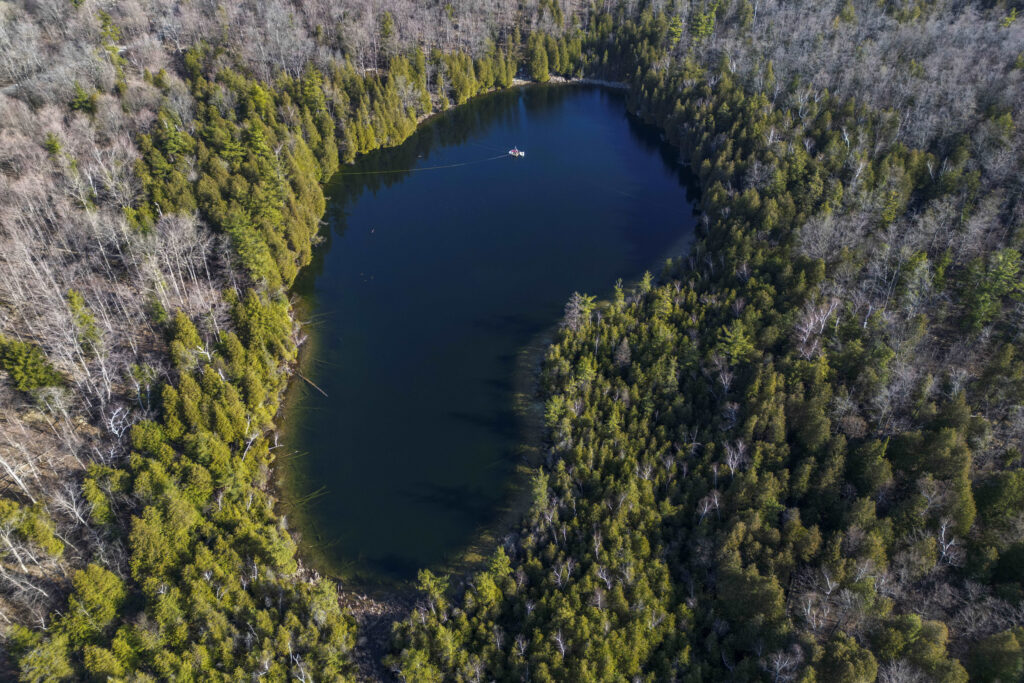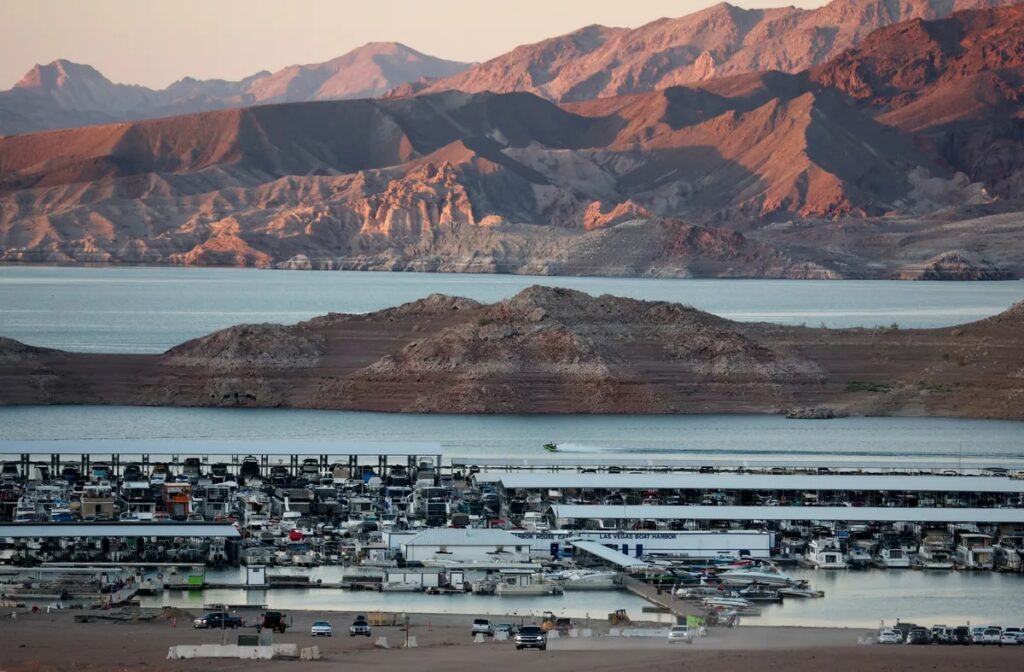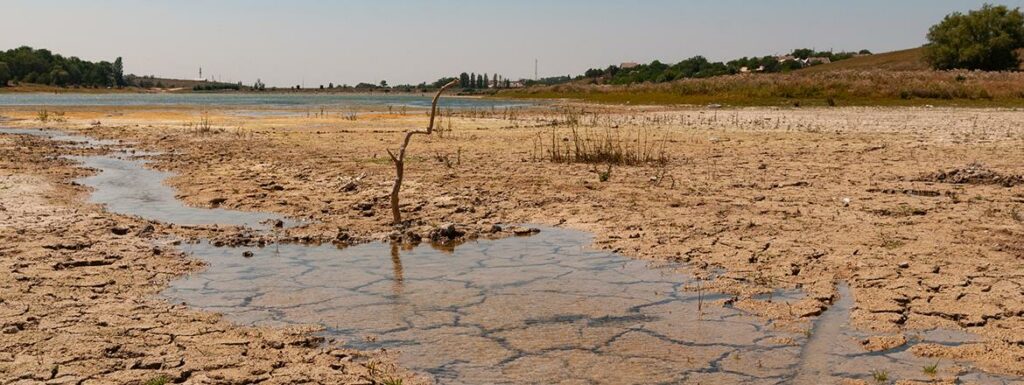A new study taps a previously unused source of data and comes up with a definite trend in climate change: more winter rain in the northern Mediterranean. Bummer, right? Because climate change means more rain means more flooding as well as less rain and more droughts and so forth. Brutal. One small consolation: This trend seems to have been going on for a million years. But don’t get complacent, because naturally it will soon prove disastrous and be our fault.
The previously untapped source for this finding is Lake Ohrid. If you haven’t heard of it, or suspect a typo for Orchid, it’s on the border between Albania and North Macedonia which is slightly off the beaten track. But scientists have heard of it, because it’s believed to be the oldest existing lake in Europe, vastly predating the last glaciation and several others, and thus 47 researchers from 13 nations have been drilling into the muck hundreds of metres down to see if it will talk to them.
Indeed it did, loud and clear. Lead project geologists Dr. Bernd Wagner (University of Cologne) and Henrik Vogel (University of Bern) said “We have shown that the lake formed exactly 1.36 million years ago and has existed continuously ever since”. And while we have a bit of difficulty with the 2nd decimal point, we believe them that the sediment records drilled out and analyzed over 5 years are, as they also say, “the dream of every climate researcher.”
So we suppose is a front-page headline like “Mediterranean winter rainfall in phase with African monsoon during past 1.36 million years”. At least in the right sort of publication. Because, the press release notes, “The Mediterranean climate is characterized by strong seasonal contrasts between dry summers and wet winters.” And understanding how it came to be that way, Wagner says, “helps us to better understand the causes of rain phases and to more accurately assess the effects of climate change for future predictions.”
We agree, so far anyway. Discovering that climate has been changing in important ways over the past million years ought surely to douse hot-heated alarmist claims that it was stable until we showed up and ruined everything with our factories, and help us predict that much change that we see around us is, as it has always been, natural in origin.
Or not. Because sadly, as you guessed, the study authors draw a different conclusion. Warmer surface water in the Med in the fall led to more low pressure zones in the western part for a million years for natural reasons, hence “Similar effects could also be caused by current global warming”. So the net result of learning about a million years of dramatic natural climate change with no human influence is that we’re responsible for climate change.
Oh well. The rest was interesting.


